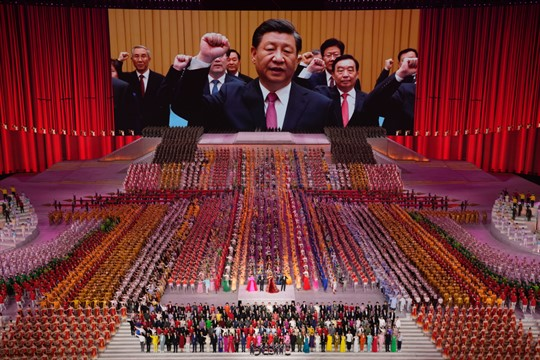
China is gearing up for the 20th National Congress of the Chinese Communist Party to be held later this year, where, according to the consensus view, President Xi Jinping’s historic bid for a third term as the party’s general secretary is all but assured.
But for many clear-eyed observers, including inside China, an unprecedented third term for Xi is hardly a cause for celebration. Under his rule, China’s assertive foreign policy has alienated foreign governments and trade partners, while its economy is faltering under the weight of Beijing’s “zero COVID” coronavirus policy. Over the duration of Xi’s tenure, dissenting voices inside the CCP and elsewhere have been purged as part of a cult of personality built around him, while aggressive displays of nationalism have become a convenient tool to whip up support and distract from policy failures elsewhere.
In desperation, many of those disillusioned by Xi are increasingly looking to Premier Li Keqiang, who has taken a more active policymaking role in recent weeks, to serve as a credible counterweight. But as many analysts argue, such hope is misplaced, if not entirely misguided. The sweeping changes in the political landscape over the past two years, they argue, are a harbinger of what a third term for Xi would hold in store for the country and the world at large.
